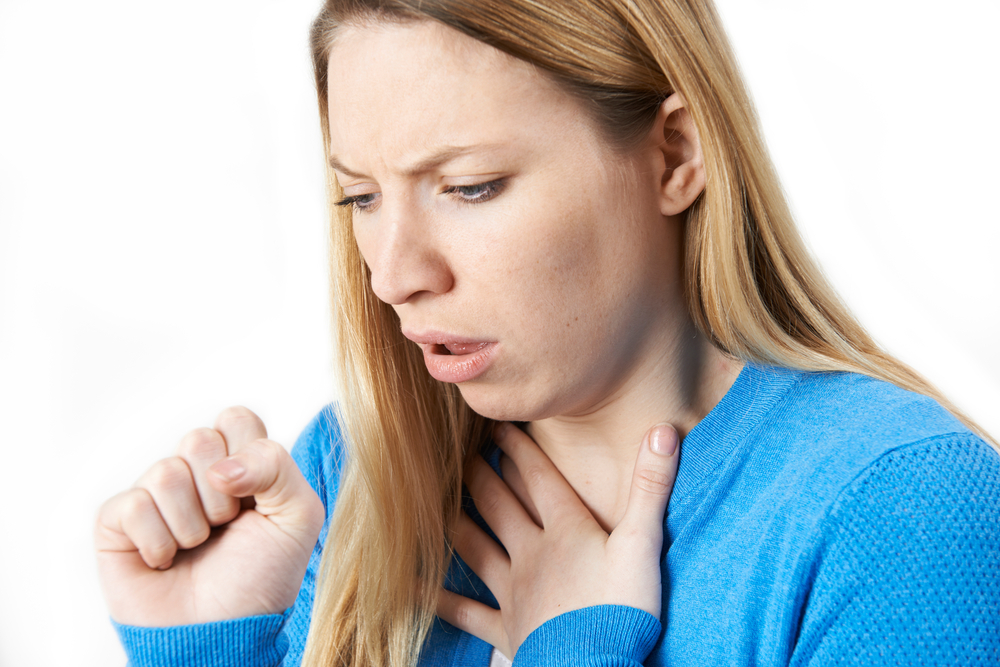DIAGNOSIS
The World Health Organization (WHO) advised the public to help them identify if a person is a candidate for SARS infection. According to them, a person must all of the following:
- A Fever of at Least 100.4° Fahrenheit or 38° Celsius
- One Or More Symptoms Of Lower Respiratory Tract Illness: A Cough, Difficulty Breathing, Shortness Of Breath
- Radiographic Evidence to Suggest a Diagnosis of Pneumonia
- No Alternative Diagnosis to Fully Explain the Illness
SARS is very rare and are often similar with the symptoms of flu and pneumonia. A doctor will not suspect it unless the patient has been in an area where there is an outbreak.
To confirm diagnosis of SARS, laboratory tests should be done such as:
- Reverse Transcription-Polymerase Chain Reaction (RT-PCR) Testing– It can detect the virus in blood, stool, and nasal secretions.
- Serologic Testing– It can detect SARS-CoV antibodies in the blood. If a person has antibodies, they are also likely to have the infection.
- Viral Culture– This involves putting a small same of body tissue or fluid into a container with some cells in which the virus can grow. If the virus grows, the cells will change.
TREATMENT
The WHO recommends that during an outbreak, the patients must be isolated to prevent the virus from spreading. It also includes several barrier techniques such as filter masks and goggles.
No drug, not even antibiotics, appears to be effective against SARS.
Supportive care is recommended to relieve symptoms such as fever and a cough. This may include using some medications like pain killers.


